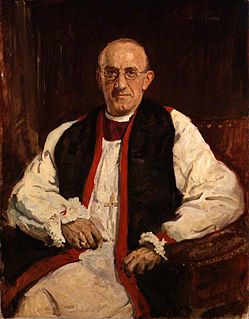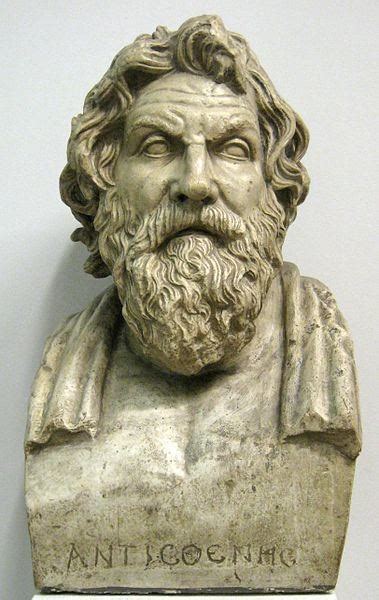A Quote by Helen Mirren
Words can be used for venal purposes. Words are incredible sources of propaganda and can cause terrible havoc.
Quote Topics
Related Quotes
There's something nearly mystical about certain words and phrases that float through our lives. It's computer mysticism. Words that are computer generated to be used on products that might be sold anywhere from Japan to Denmark - words devised to be pronounceable in a hundred languages. And when you detach one of these words from the product it was designed to serve, the words acquires a chantlike quality.
Words! Mere words! How terrible they were! How clear, and vivid, and cruel! One could not escape from them. And yet what a subtle magic there was in them! They seemed to be able to give a plastic form to formless things, and to have a music of their own as sweet as that of viol or of lute. Mere words! Was there anything so real as words?
sentences were used by man before words and still come with the readiness of instinct to his lips. They, and not words, are the foundations of all language. ... Your cat has no words, but it has considerable feeling for the architecture of the sentence in relation to the problem of expressing climax.
There are two words that, when spoken, have the most unfathomable power to completely change your life. Two words which, when they pass your lips, will be the cause of bringing absolute joy and happiness to you. Two words that will create miracles in your life. Two words that will wipe out negativity. Two words that will bring you abundance in all things. Two words which, when uttered and sincerely felt, will summon all the forces and vibrations in the Universe to move all things for you. The only thing standing between you, happiness, and the life of your dreams is two words THANK YOU!
Words are delicate instruments: How to use them so that, after having read the poem, the taste remaining is not of the words themselves, but of a thought, a situation, a parallel reality? If not used appropriately, words in poetry are like the ugly remains of food after eating. What I mean is that readers will reject words if they don't serve to shift attention from themselves to somewhere else.




































